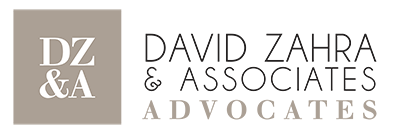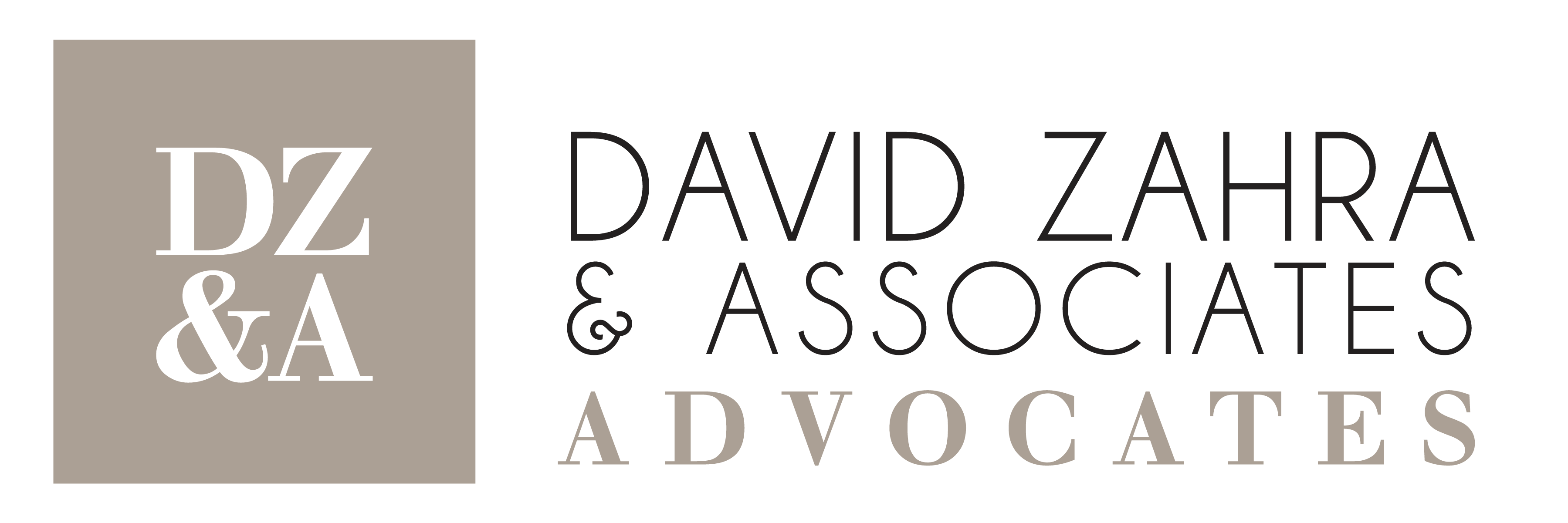On 1 August 2019, Directive (EU) 2019/1158 of the European Parliament and of the Council on work-life balance for parents and carers (the “Directive”) entered into force, with Member States given three years to transpose the provisions into national laws, regulations and administrative processes.
The Directive aims to modernise existing EU legal and policy frameworks by better supporting a work-life balance for parents and carers, encouraging parental leave to be shared in a more equal manner between men and women and by addressing women’s underrepresentation in the labour market. The minimum requirements related to paternity leave, parental and carer leave, and flexible working arrangements for workers who are parents/carers are laid down in the Directive.
As a result of this, by virtue of Legal Notice 201 of 2022, the Work-Life Balance for Parents and Carers Regulations (the “Regulations”) were brought about, with these entering into force on 2 August 2022. The Regulations will bring about the following salient changes into Maltese legislation:
– Fathers or equivalent second parents shall have the right to paternity leave of 10 working days on the occasion of the birth or the adoption of the worker’s child without loss of wages;
– Parental leave is to be divided into two months of paid leave and an additional two months of unpaid leave for each parent. The Regulations also limit the non-transferability of parental leave from one parent to another to the first 2 months;
– Carers’ leave has been introduced and employees shall be entitled to 5 days of unpaid additional leave per annum to support a relative (or person who lives in the same household) who is unwell or who needs caring; and
– Flexible working arrangements for carers and parent workers with children up to the age of 8 years. Such arrangements may include, but are not limited to, remote working, flexitime and reduced hours, and may be limited in duration.
Any person who contravenes or fails to comply with any provision of these Regulations shall be guilty of an offence and shall be liable to a fine not exceeding two thousand euro (€2,000).
Should you be interested in understanding further the implications of these Regulations on the workplace, feel free to get in touch with us on krista@davidzahra.com.



